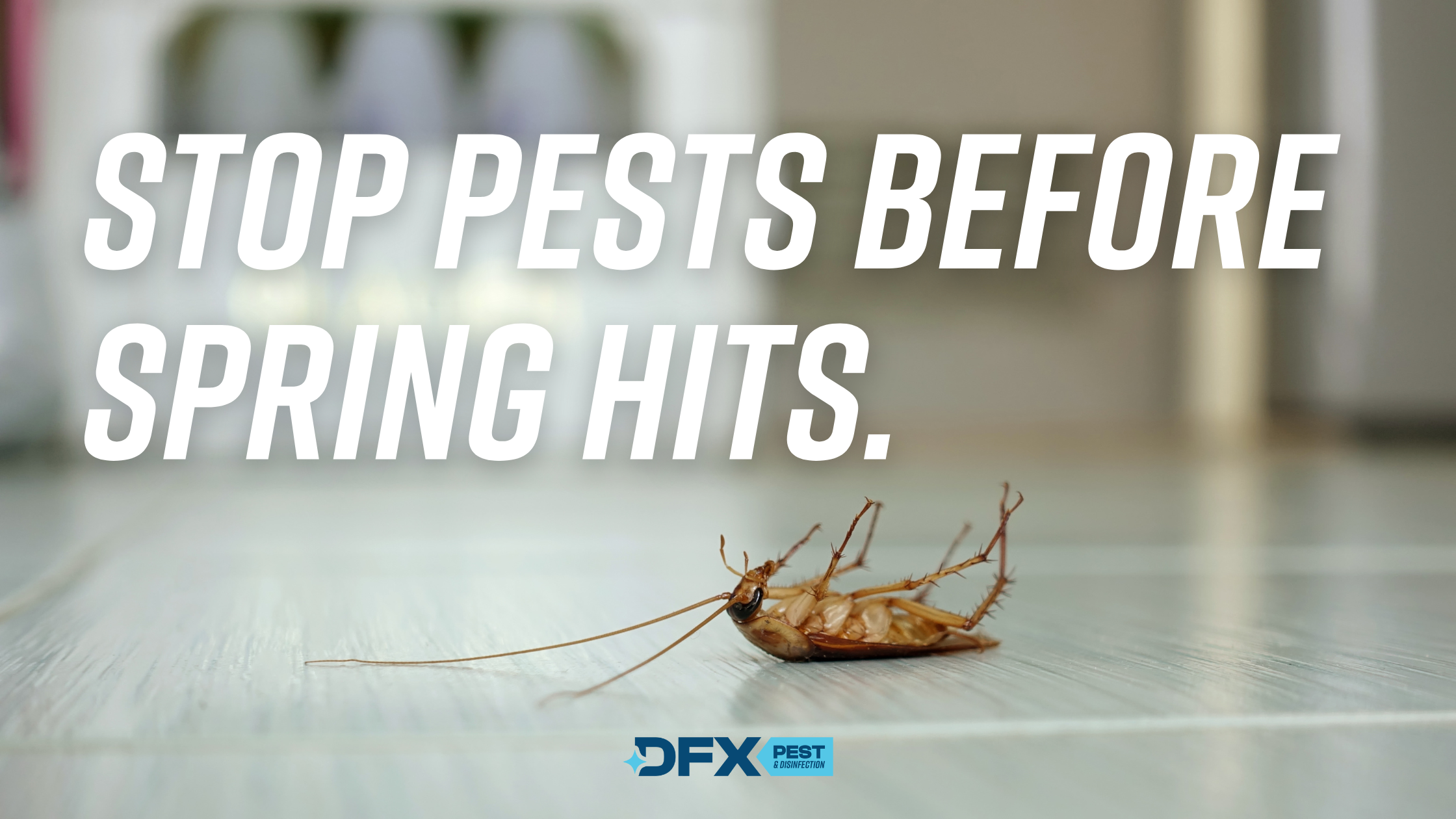The Health Implications of Fleas and Flea Removal Services
Fleas are notorious for their ability to infest homes and spread rapidly. They thrive in warm climates and can quickly become a problem if not managed properly. From irritating bites to potential infections, the presence of fleas can lead to a range of health concerns. Understanding how to check for fleas, recognizing the signs of an infestation, and knowing the best flea removal service options are essential in maintaining a healthy living space.

Nothing is more important than a safe and healthy home environment, and tiny invaders like fleas can disrupt this peace, posing significant health risks to humans and pets. These small, jumping pests can lead to serious health issues if not addressed promptly. In this article, we will explore the potential dangers of flea bites on humans, look into effective flea treatment and flea control methods, and provide expert advice to help you protect your home from these persistent pests.
Join us as we uncover the hidden dangers of fleas and provide you with the knowledge and tools to combat these pests.
What Are Fleas?
Fleas are small, wingless insects known for their ability to jump long distances relative to their size. These pests feed on the blood of mammals and birds, making them a common issue for households with pets. Understanding the lifecycle and behavior of fleas is essential in combating them effectively.
Flea Lifecycle and Behavior
Fleas go through four life stages: egg, larva, pupa, and adult. Adult fleas lay flea eggs on their host, which then fall off and develop in the surrounding environment, such as carpets, bedding, and upholstery. The flea larvae and pupae stages take place within the safety of these environments, eventually emerging as adults ready to find a host and continue the cycle. This lifecycle means that even if you remove adult fleas, eggs, and larvae can continue to cause problems if not properly addressed.
Identifying Fleas in Your Home
Recognizing the presence of fleas early can prevent a minor issue from becoming a major infestation. Here are some key signs to look out for:
- Flea bites: Flea bites appear as small, red, itchy bumps, often in clusters or lines. On humans, they are commonly found on the ankles and legs. Pets may scratch excessively and develop irritated skin or hair loss.
- Flea dirt: This is the excrement of fleas, which look like small black pepper-like specks. You can find flea dirt on your pets’ skin, bedding, and areas where they rest.
- Seeing fleas: Adult fleas are small (about 1-2 mm), reddish-brown, and can be seen jumping on your pets or around your home.
Health Risks Associated with Fleas
Allergic Reactions
Individuals may experience intense itching, red welts, and in some cases, allergic dermatitis. Pets can also suffer from flea allergy dermatitis, leading to severe itching and skin infections.
Infections
Frequent scratching of flea bites can break the skin, leading to secondary bacterial infections such as impetigo or cellulitis. These infections can cause further discomfort and may require medical treatment.
Illnesses
Fleas transmit several serious illnesses, including typhus, rickettsial diseases, bubonic plague, and protozoa.
Preventative Measures and Treatments
Preventing a flea infestation is always easier than dealing with one. Here are some tips on the best flea treatments for home.
Proactive Flea Prevention Tips
Regular Pet Care
Regularly groom and bathe your pets with flea-control shampoos. A flea comb can help remove fleas and their eggs from your pet’s fur. Additionally, consider using vet-recommended flea prevention products such as flea collars, topical treatments, or oral medications.
Clean Living Spaces
Maintain a clean home environment by regularly disinfecting surfaces and vacuuming carpets, rugs, and upholstered furniture to remove fleas and their eggs. Focus on areas where your pets spend the most time, and dispose of the vacuum bag or contents immediately to prevent re-infestation.
Wash Pet Bedding
Frequently wash your pet’s bedding, toys, and other washable items in hot water to kill fleas and eggs. This helps reduce the chances of fleas taking up residence in your home.
Yard Maintenance
Keep your yard tidy by mowing the lawn regularly, removing leaf litter, and trimming bushes and shrubs. Fleas thrive in warm, shaded areas, so reducing these spots can help minimize flea populations.
Inspect Second-Hand Items
Before bringing second-hand furniture, rugs, or other items into your home, thoroughly inspect them for signs of fleas or eggs.
The Importance of Professional Flea Removal Services
Dealing with a flea infestation can be challenging and overwhelming. While DIY methods might offer temporary relief, the expertise of a professional flea removal service is a surefire way to eradicate these pests.
Every flea infestation is unique, requiring a tailored treatment plan. DFX Environmental’s experts use the latest technologies and eco-friendly treatments to eliminate fleas and prevent future infestations. Addressing the root cause and offering ongoing prevention advice reduces the risk of recurrence, saving you money on repeated treatments and potential damage repairs.
Hiring professional flea removal services also means less stress and disruption to your daily life. You can trust experienced professionals to handle the problem efficiently, ensuring a safe and comfortable home environment. For effective flea control and peace of mind, get a quote from DFX, your trusted flea removal service.
Choose a Flea-Free Home
Fleas pose significant health risks and can quickly infest your home if not managed properly, which is why understanding how to detect and treat fleas is central to maintaining a healthy living space.
Professional flea removal services from DFX Environmental offer comprehensive and lasting solutions. With expert knowledge and advanced treatments, we ensure the thorough eradication of fleas and the prevention of future infestations.
Don’t let fleas disrupt your peace of mind—enlist the help of professionals.


